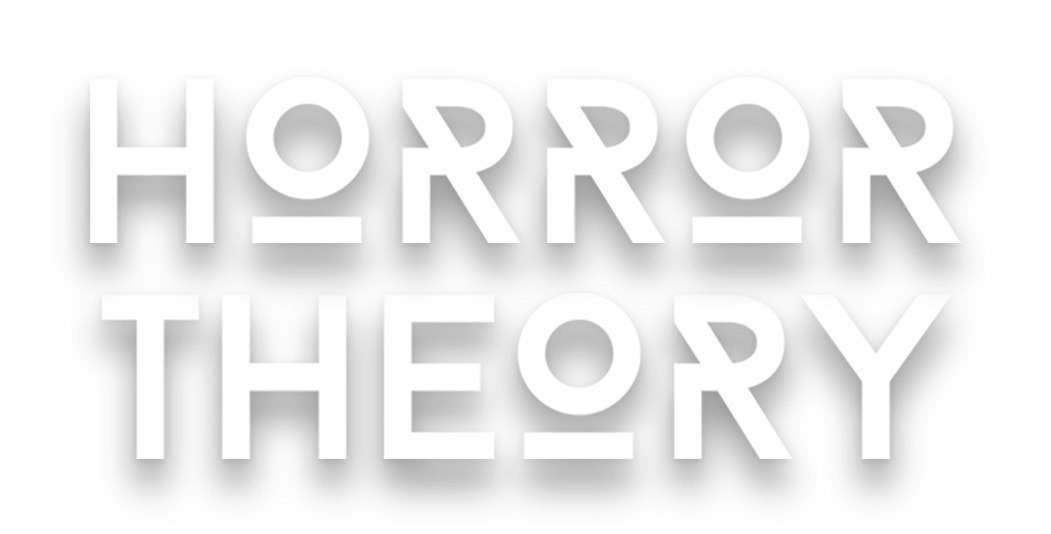What would you sacrifice in the quest for perfection? This is a central concept posed by Black Swan, a film by Darren Aronofsky, who directs the first of two powerfully-acted, female-led horror films on this list. Black Swan follows Nina (played by Natalie Portman) as she accepts the coveted lead role in a theater production of Swan Lake. While Nina has the grace, elegance, and purity required to play the white swan, she must shed her innocence and fearfulness in order to embody the bold and seductive black swan.
Aronofsky is no stranger to narratives that chronicle its lead’s descent into madness as they attempt to push themselves further to satisfy their passion or addiction. The director studied film and social anthropology at Harvard University and has built a reputation for disturbing representations of obsessive characters– making him uniquely positioned to create a film about a ballet dancer tackling the psychological and physical challenges of the notoriously difficult lead role in Swan Lake.
Early on in Black Swan, we’re shown the complex mechanics of ballet in detail, including an early scene of Nina breaking in new ballet shoes. We see the roughness required to break apart the shoes and reassemble pieces with tape to allow the shoes the flexibility required for intense performance– an on-the-nose metaphor for what would happen to her body and psyche as she breaks apart and reassembles into the duel role.
Nina: I want to be perfect.
Thomas Leroy: [scoffs] Perfection is not just about control. It’s also about letting go. Surprise yourself so you can surprise the audience. Transcendence! Very few have it in them.
Nina: I think I do have it in me.
Portman showcases her most power performance to date, opposite Mila Kunis who plays Lily, a must more audacious and unbothered dancer who challenges Nina to shed the insecurities and caution that are holding her back from embracing the spirit of the black swan. Lily is part adversary and part inspiration to Nina, who is dealing with the challenges of the role whilst also dealing with a psychologically and sexually abusive production director Thomas (Vincent Cassel) and an emotionally abusive mother Erica (Barbara Hershey).
Black Swan makes the most of its 108 minute runtime, diving head first into numerous nuanced and challenging themes and bleak imagery. In pursuit of perfection, the naive and closely-mothered Nina is confronted with the inevitability of aging out of being able to perform major roles in ballet productions. Winona Ryder was cast in the role of the bitter has-been that Nina replaces. In the process, Nina sees herself (often literally) in those who she seeks to be or fearfully will become.
These hallucinations (later intensified by ecstasy and alcohol) foreshadow Nina’s embrace of the wildly uninhibited black swan in all corners of her life– on and off of the stage.

Nina is also the target of the male gaze of her production director who seduces her and sexually manipulates under the guise of inspiring the necessary performance of the black swan. At the end of her first practice as the lead, Thomas assigns her some homework: to go home and masturbate. Although initially mortified, she abides by the request before halting due to her intensely watchful mother.
This brings us to another source of anxiety posed by the film: the toxic mother figure. Erica keeps tight control over nearly every component of Nina’s life and lashes out at the slightest act of rebellion. The effects of this relentless pampering is evident in Nina’s demeanor as timid, repressed woman-child stunted by an overprotective parent.
When Nina is finally able to claw herself away from her mother’s tight grip long enough to go out to a club with Lily, she’s hounded with phone calls all through the night. When she finally comes home, her mother demands to know everything she did while she was out, and then assaults Nina when she admits to doing drugs and having sex with strangers at a bar.
Later her mother begins sabotaging Nina’s efforts to perform as her mother decides that Nina can no longer handle the pressure of the role. One of Nina’s final embrace of the black swan in her home life involves her violently confronting her mother about her attempts to live vicariously through Nina because Erica’s ballet career was cut short when she became pregnant. Nina screams at her mother, “I’m the Swan Queen, you’re the one who never left the corps!”

In all the right ways, Black Swan is a visceral, devastating fever dream– a darkly gorgeous showcase of an artist’s journey through hell. Elevated by tight direction from a master filmmaker and a career-defining performance by Natalie Portman, Black Swan is the first exceptional horror film of the decade and astute look at the terror and paranoia associated toxic mother figures, aging, the male gaze, and our obsession with perfection.
***
Black Swan is available on blu ray, DVD, and digitally here. And be sure to check out the other entries in the The 31-Day 2010s Fear & Now Horror-Thon right here on Horror Theory.
